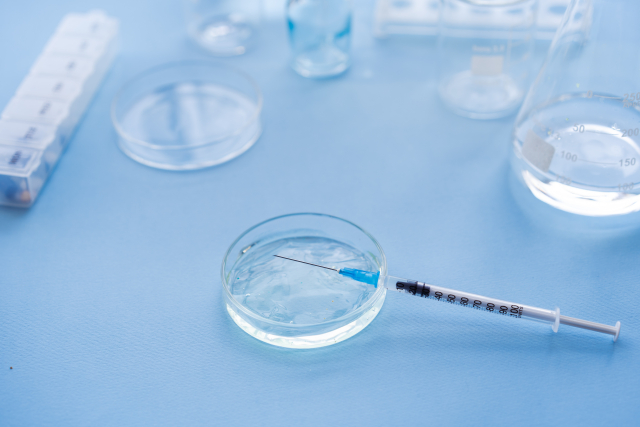Even in cases where in vitro fertilization (IVF) has been performed, there may be conceivable cases where a woman wants to confirm who the father is. This often involves technical errors, personal doubts or legal issues. Below are some cases where people want to know who the father of an IVF baby is and how to deal with them.
1. Potential for medical error
Because IVF involves the artificial fertilisation of sperm and eggs, technical errors can occur.For example, medical errors can occur, such as mistaken sperm or accidentally using another couple’s sperm.In such cases, the identity of the father may need to be verified after the birth.
- Response: in such cases, a DNA paternity test can be performed to establish exactly who the father is. If the sperm donor is incorrect, legal liability and action may be required.
2. Fertilization by sperm donation
IVF may use the sperm of the donor rather than the sperm of the couple’s partner. Even if the anonymity of the sperm donor is preserved, the child may feel that in the future he or she will want to know his or her biological father. Parents may also need to be aware of future health risks and genetic factors after their child has grown up.
- Response: even if the sperm donor’s information is anonymous, the law may later be amended to recognise the right to know the biological parents when the child reaches a certain age.However, this right varies according to national and local laws and should be investigated in specific cases.
3. Multiple sperm samples
In some cases, more than one sperm sample may be used during the IVF process.For example, fertilisation may be attempted using samples from more than one sperm donor, or both the husband’s sperm and the donor’s sperm may be used.In such cases, reasons may arise for wanting to know who the father is after the birth.
- Response: a DNA test can be performed after the birth of the child to determine which sperm was actually used to identify the biological father.
4. Suspicions between partners
In some IVF couples, partners may have doubts about whether they are the real father.In this case, especially emotional issues may be involved, and trust between partners may be shaken.
- RESPONSE: A DNA paternity test can confirm the biological parent-child relationship and resolve any doubts. Depending on the results of the test, the couple may be asked to restore trust between them and make decisions about how to raise the child in the future.
5. Legal problems.
Legal problems may arise when IVF is performed. For example, if the husband is the legal father, but the rights and obligations of the sperm donor are involved, it may be necessary to legally clarify who the father is.
- RESPONSE: In the event of legal trouble, a DNA test can be conducted to establish who the legal father is. This ensures that issues relating to custody, child support and inheritance are properly dealt with.
6. Identification of genetic health risks
If genetic health risks are discovered after the birth of a child through IVF, it may become necessary to establish who the father is. DNA testing may be required to ascertain genetic diseases and health risks, as the genetic information of the biological father is a key factor.
- RESPONSE: DNA testing can identify the father’s genetic information and provide a better understanding of genetic risks. This enables appropriate health care and preventive measures to be taken for the child.
Summary
Cases in which IVF is performed but the identity of the father needs to be confirmed can arise for a variety of reasons, including technical errors, donor anonymity, multiple sperm use, suspicions between partners, legal disputes and confirmation of genetic health risks. In these cases, DNA testing is the most reliable means of establishing the biological father and helping to take the necessary action.
Latest Articles
Supervisor of the article

Dr. Hiroshi Oka
Graduated from Keio University, Faculty of Medicine
Doctor of Medicine
Medical Doctor









